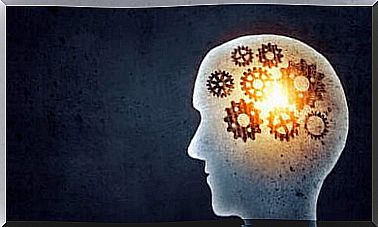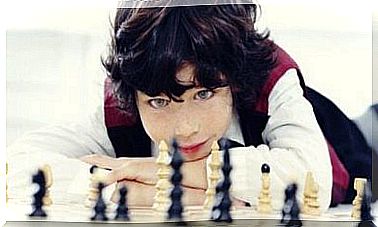The Illusion Of Control In Therapy – Do Not Be Fooled

There are moments in our lives when we ask ourselves if it might be a good idea to go to a psychologist. We have doubts and fears, and we ask for advice from people around us. Maybe we ourselves are looking for alternative medicines and pseudo-scientific therapies for safety. We go to specialists to look for a way out. Sometimes our emotional well-being can sink so deep that we begin to think that we have lost all light and hope. We have the illusion of control, but do we really have control?
When we have talked about our goals with a therapist, we start with energy and intention. The rock that seemed too high is starting to seem a little smaller. We feel that we are getting better, and we tell ourselves that we are evolving. At the same time, we also believe in it more and more… Now the sentences “I can do it”, “nothing has happened yet”, “good times come with the bad” can bounce around in our heads… When is it time to stop therapy ?
The illusion of control
The illusion of control is well known among psychologists, and people are aware of it even though they may not have put it into words. We develop ways to deceive ourselves, including reasoning and thinking tools.
Control is one of the most well-known ideas. This is the feeling of dominating or controlling things that are not really dependent on us. A clear example of this is a gambler. They think they are using strategies for uncontrollable games (such as roulette ).
During therapy, and especially with certain disorders, the idea of control is risky. In therapy sessions, this illusion is one of the problems that can arise. It is logical that when we are freed from our bonds and links put together by negative thoughts, we begin to doubt whether we need help anymore.
To think, “Now I’m better” is something positive, but we must compare this with reality and never lose perspective. This is one of the goals that therapists should work on during treatment. There are many possible reasons why a person may abandon therapy. The illusion of control is one of the most damaging due to the consequences of unprepared relapses .
The importance of follow-up in therapy
When we begin to achieve results in therapy, we follow the next steps, and set our own goals and make decisions about how we feel. This is something very positive.
However, stopping harmful thoughts and bad habits does not mean that we “control” them. This is when we need to be alert during treatment and not leave what has made us better. If we have solved the original problem, it is best to draw up a prevention plan that will enable us to maintain the results of the therapy. Otherwise, we can not fully develop strategies to become or remain better.

You can also help
What happens if we have a relative or someone close to us who is at this point? It is ideal to reinforce the maintenance of new habits and strategies that helped them get there. Monitor self-deception. The therapist will gradually schedule bi-weekly, monthly, quarterly and semi-annual hours before a final discharge.
The process of “monitoring” and supervision will begin. It may be that I am beginning to doubt that I am well, or that my loved one is well. It is risky if we only say “I’m fine” when we have to confront that illusion of control. Take a closer look at the road that has been traveled and not the goal that has been achieved. Remember that the goal is a consequence of the small steps taken along the way.









